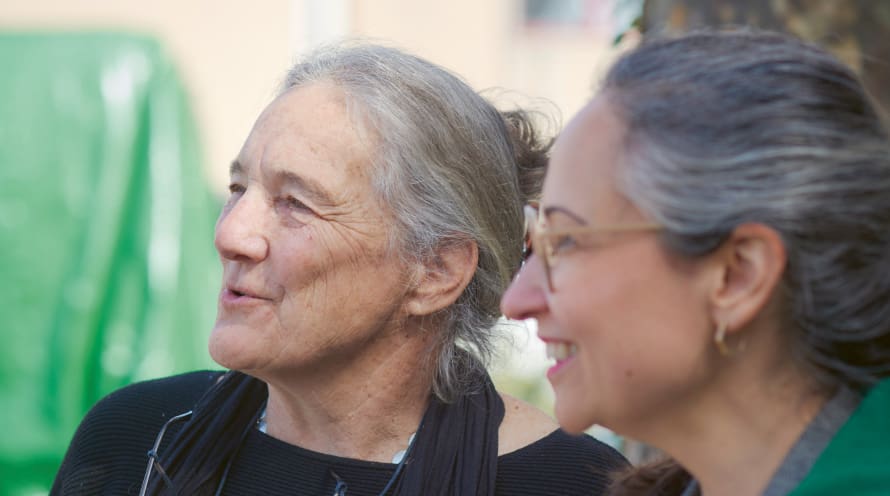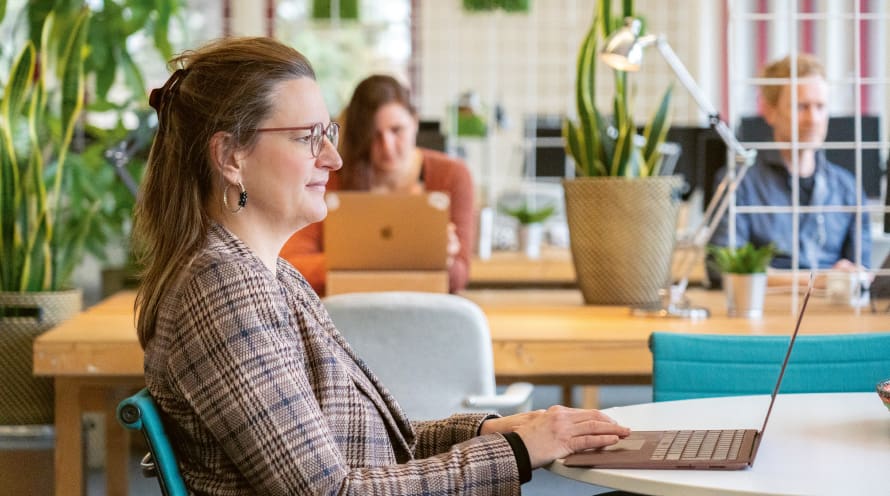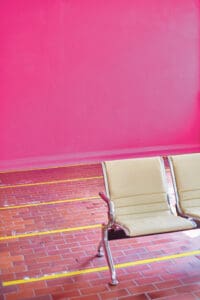Franck Areal Basel: A New Approach to Climate Neutrality
In Basel, a former industrial area is undergoing a transformation to become a model of climate neutrality. The Franck Areal project, spearheaded by architect Barbara Buser, is turning the concept of circular economy into reality. This initiative focuses on reusing existing materials, innovative energy solutions, and fostering a community of sustainable businesses.
Barbara Buser’s approach emphasises the reuse of existing materials to significantly reduce CO2 emissions. Reusing materials not only preserves resources but also cuts down the carbon footprint associated with new constructions. This method can make buildings climate-positive much faster compared to new constructions.
The energy strategy for the Franck Areal includes using heat from the nearby Thomy factory or Basel’s district heating network, supplemented by reused solar panels and second-life batteries. Additionally, there are plans to convert an old chimney into an energy storage system and possibly install a wind turbine on top. These creative solutions are part of the effort to make the area self-sufficient in renewable energy.

Olivier Ferilli, Senior Innovation Developer at IWB, and his team have created a digital twin of the Areal. This digital model allows them to simulate and optimise various sustainable solutions, such as the impact of additional insulation on energy consumption and the environmental footprint. This exploratory process is crucial for developing innovative and effective solutions.
The Franck Areal will also feature the Kreislauf Haus, set to open in 2026, which will offer 5,000 square metres of space for circular economy startups and companies. Frederike Asael, President of the CQ Association for Circular Intelligence, explains that the goal is to create an ecosystem where sustainable business models can thrive and become part of the economic mainstream.

A key component of the Franck Areal project is the integration of Impact Hub Basel, a centre for regenerative economy that offers a coworking space and supports sustainable and circular business models. Rahel Gerber, one of the managing partners, highlighted the importance of transitioning to resource-efficient practices. Impact Hub Basel, part of a global network of over 110 locations, has already supported more than 300 startups in Switzerland in the past six years, and aims to inspire other entrepreneurs and integrate circular economy principles into mainstream business practices.
The Franck Areal will also feature the Kreislauf Haus, set to open in 2026, which will offer 5,000 square metres of space for circular economy startups and companies. Frederike Asael, President of the CQ Association for Circular Intelligence, explains that the goal is to create an ecosystem where sustainable business models can thrive and become part of the economic mainstream.
The Franck Areal project is a pioneering effort to create a climate-neutral urban space by reusing materials, implementing innovative energy solutions, and fostering a community of sustainable businesses. This project demonstrates that with creativity and commitment, it is possible to build a more sustainable future.
This is a summarised version of the original article published in German in the IWB Klimadreh magazine. You can read it here.

